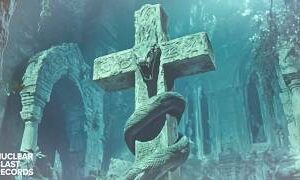Progressive metal, often abbreviated as prog metal, is a subgenre of heavy metal music that originated in the late 1980s. It is known for its complex, intricate compositions incorporating progressive rock and classical music elements.
Here are some key characteristics of progressive metal:
-
Musical Complexity: Progressive metal often features complex song structures that deviate from the traditional verse-chorus format found in most popular music. Songs in this genre often have multiple sections with different tempos and time signatures.
-
Technical Proficiency: Musicians in progressive metal bands are often highly skilled and have a high level of technical proficiency. Complex solos, intricate riffs, and advanced playing techniques are common in this genre.
-
Concept Albums: Like progressive rock, progressive metal bands often release concept albums, where all the songs contribute to a single overarching theme or story.
-
Influence from Other Genres: Progressive metal bands often incorporate elements from other musical genres, including jazz, classical, and folk music. This can lead to a very diverse and unique sound.
-
Long Song Lengths: Songs in the progressive metal genre often exceed the typical 3-5 minute length of most popular songs. It’s common for progressive metal songs to be 10 minutes or longer.
-
Lyricism: The lyrics in a progressive metal can often be philosophical, conceptual, or narrative-driven, aligning with the genre’s tendency towards concept albums.
Notable bands in the progressive metal genre include Dream Theater, Opeth, Tool, Queensrÿche, and Mastodon. These bands have each contributed to the development and evolution of the genre in their unique ways.








